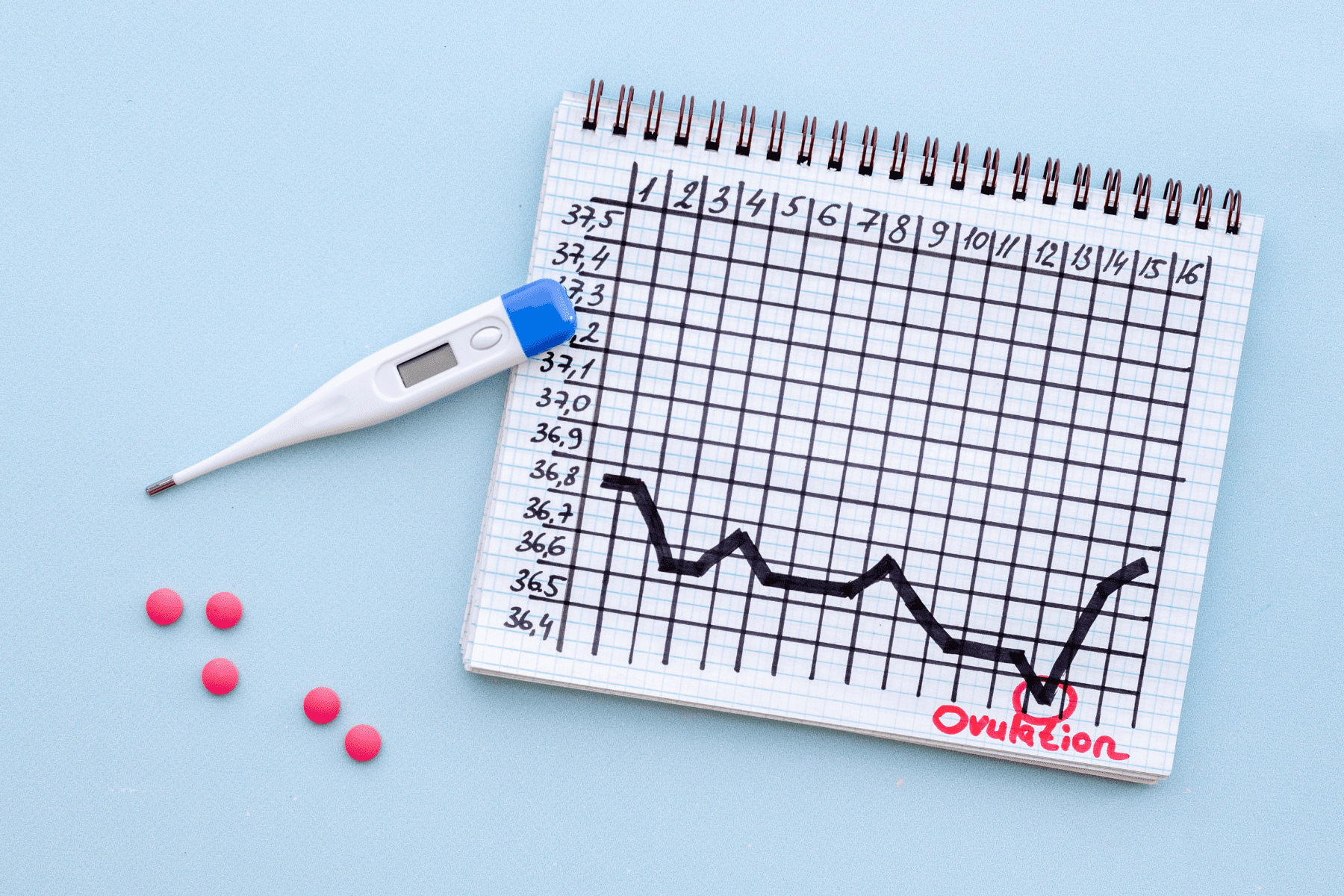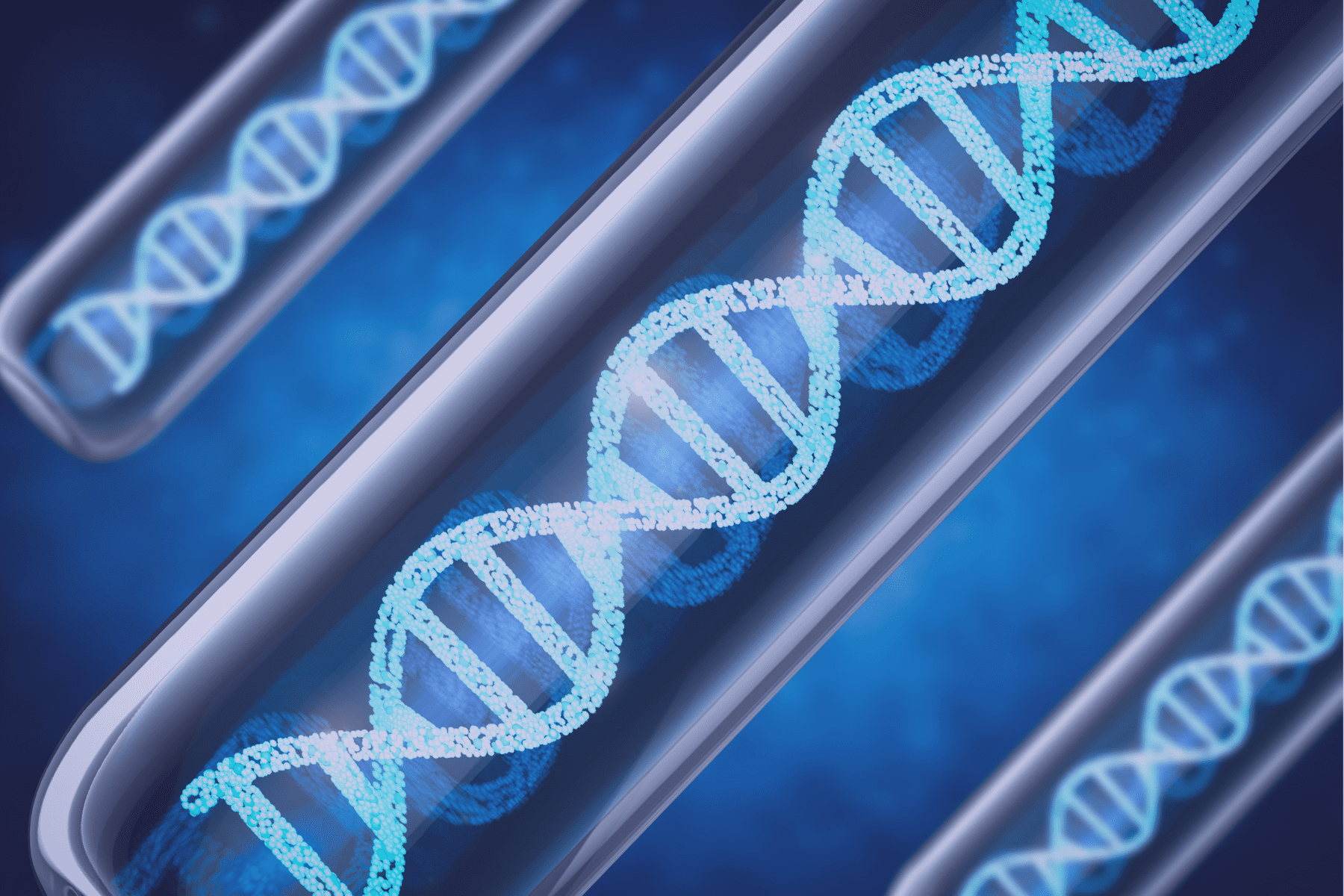March is Endometriosis Awareness Month, a time dedicated to shining a spotlight on a condition that affects an estimated 1 in 10 during their reproductive years. Many find themselves seeking clarity on how endometriosis intersects with their journey toward parenthood, so in honor of this awareness month, we delve into the top ten questions surrounding fertility and endometriosis, aiming to demystify the complexities of the condition and offer insightful guidance.
1. What Exactly is Endometriosis?
Imagine the tissue that lines your uterus decides to go rogue, planting itself in places where it has no business being—like on your ovaries, fallopian tubes, and even the pelvic lining. That’s endometriosis. Each month, this tissue acts as it normally would — it thickens, breaks down, and bleeds. However, with nowhere to go, this displaced tissue becomes trapped, often leading to painful periods and, in some cases, difficulty conceiving.
2. How Common is Endometriosis Among Those Struggling with Infertility?
It’s estimated that between 30% to 50% of women who experience infertility have endometriosis. This makes it one of the top conditions to rule out or manage when facing fertility challenges.
3. Can Endometriosis Directly Cause Infertility?
Symptoms of endometriosis can lead to infertility. The rogue tissue can lead to the formation of scar tissues and adhesions that might block or distort the pelvis and fallopian tubes, making the journey of the egg to meet the sperm a difficult one. Additionally, endometriosis can disrupt the implantation of the egg and may even affect egg quality.
4. Is It Possible to Get Pregnant Naturally with Endometriosis?
While endometriosis can make conception more challenging, many with the condition have successfully conceived naturally. Fertility testing is a great first step if endometriosis is on your radar because it not only helps in identifying potential hurdles early on but also guides the development of a tailored, effective treatment plan to help you achieve your family-building goals.
5. What Are the Fertility Treatment Options Available for Someone with Endometriosis?
Treatment will vary based on the severity, scar tissue present, age of the individual, and medical history. For patients with mild disease, less invasive treatments like the use of fertility medications coupled with intrauterine insemination (IUI) could be an option. If it is more pronounced, in vitro fertilization (IVF) may be preferable to bypass the affected region by placing an embryo directly into the uterus, offering a clearer pathway to conception.
6. Does Surgery for Endometriosis Improve Fertility?
Surgery might be considered in severe cases, but it can be a double-edged sword. For many, laparoscopic surgery to remove endometrial lesions can indeed improve the chances of conception. However, it’s not a guaranteed fix and emerging evidence highlights potential risks on ovarian reserve associated with repeated surgeries.
7. How Does Endometriosis Affect IVF Success Rates?
The role that endometriosis plays in decreasing a woman’s chances of pregnancy is not fully understood, as the severity of the disease can vary from person to person. However, IVF offers the best chance of a successful pregnancy for women struggling to conceive with endometriosis. While it may require more cycles, modifying treatment protocols can improve the chances of success.
For patients with moderate to severe endometriosis who are considering surgery and plan to become pregnant someday, egg freezing is recommended to improve the chances of pregnancy through IVF. Egg freezing allows women with endometriosis to proactively preserve the existing quality of their eggs for better pregnancy outcomes in the future.
8. Can Pregnancy Cure Endometriosis?
Cure is a strong word. Some women report an improvement in symptoms during and after pregnancy. However, endometriosis symptoms can return. It’s important to discuss long-term management strategies with your healthcare provider.
9. Are There Any Lifestyle Changes That Can Help Manage Endometriosis?
While no diet or lifestyle change can cure endometriosis, certain adjustments may alleviate symptoms. Anti-inflammatory diets, regular exercise, and stress management techniques have been reported to provide some relief. Additionally, acupuncture may also provide some relief. The ancient practice is thought to improve blood flow to the reproductive organs, reducing inflammation and stress, and potentially enhancing the effectiveness of fertility treatments. In the end, it’s all about finding what works best for your body.
10. What Should My First Step Be if I Suspect Endometriosis Is Affecting My Fertility?
Reach out to a fertility specialist. A combination of medical history, physical exams, ultrasound, and possibly laparoscopy can diagnose the condition. The sooner you have clarity, the sooner you can explore your fertility options.
In the world of infertility, knowledge truly is power. Understanding how endometriosis may play into your fertility journey is the first step towards navigating this challenging path. Keep asking questions, seek out supportive communities, and never underestimate your own resilience.







